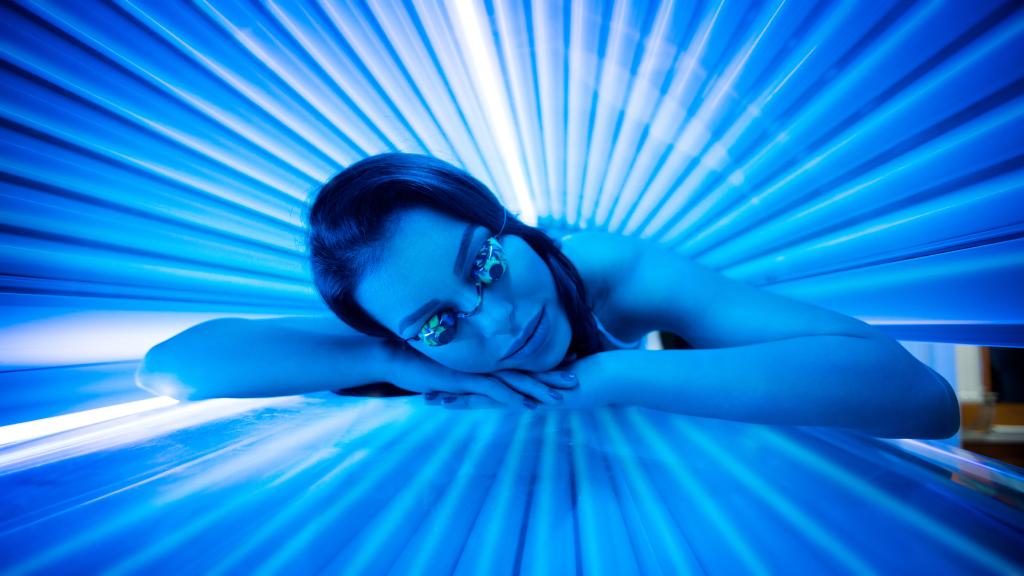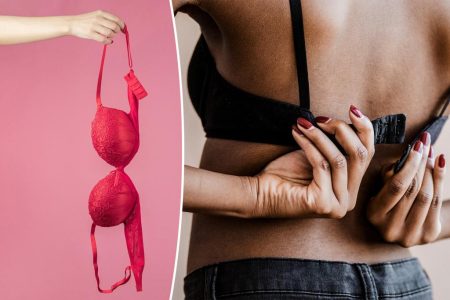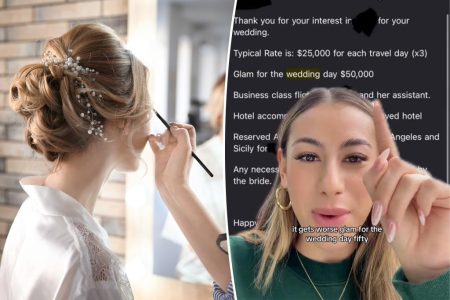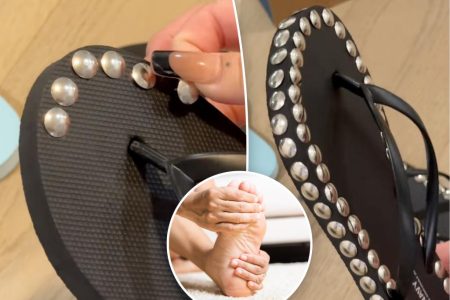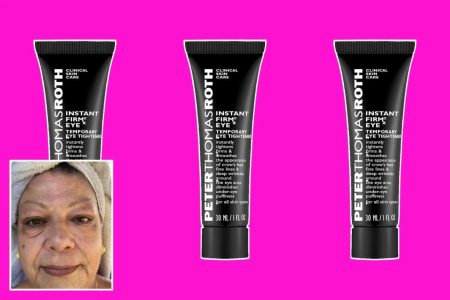Gen Z youths are bringing back tanning, embracing a trend that was popular in the early 2000s. Despite the known health risks associated with tanning, such as premature aging and skin cancer, this generation seems to prioritize the immediate aesthetic benefits over long-term consequences. Many young people are flocking to tanning beds, influenced by Y2K trends and the desire to achieve a sun-kissed glow reminiscent of past eras.
Recent data shows that a significant portion of Gen Zers prioritize being tan over protecting themselves from skin cancer, and are willing to sacrifice their long-term health for short-term aesthetic gains. Social media, particularly platforms like TikTok, have popularized tanning tips and tricks, with the hashtag #sunbed amassing a large number of views. Influencers like Holly Reardon, who feel more confident and attractive with a tan, are inundated with tanning content on their feeds, perpetuating the trend among young audiences.
Some individuals, like Sabrina, started tanning at a young age due to pressure from family or peers. For Sabrina, tanning is linked to beauty standards and receiving compliments, despite being aware of the health risks associated with it. Tanning, whether indoors or outdoors, accelerates signs of aging and increases the risk of developing skin cancer. Experts emphasize that there is no healthy way to tan, as both sunbeds and natural sunlight pose risks to skin health.
While there are numerous sunless tanning products available that provide a safe alternative to UV exposure, the appeal of tanning beds remains strong among Gen Z. Even with the wide array of self-tanning options on the market, some individuals still opt for sunbeds due to the perceived aesthetic benefits and association with health. However, experts caution against the use of tanning beds for treating skin conditions like psoriasis, as they lack the necessary UVB rays emitted in medicinal light therapy.
Beauty standards and societal pressures often prioritize appearance over health, leading individuals to engage in harmful practices like tanning. Social media influencers and celebrities promote tanning as a desirable aesthetic, further perpetuating the trend among impressionable young audiences. Despite the availability of safe self-tanning alternatives, the allure of tanning beds continues to attract individuals seeking a quick fix for a sun-kissed glow. Ultimately, the desire to conform to societal beauty standards may outweigh the importance of prioritizing health and well-being.









